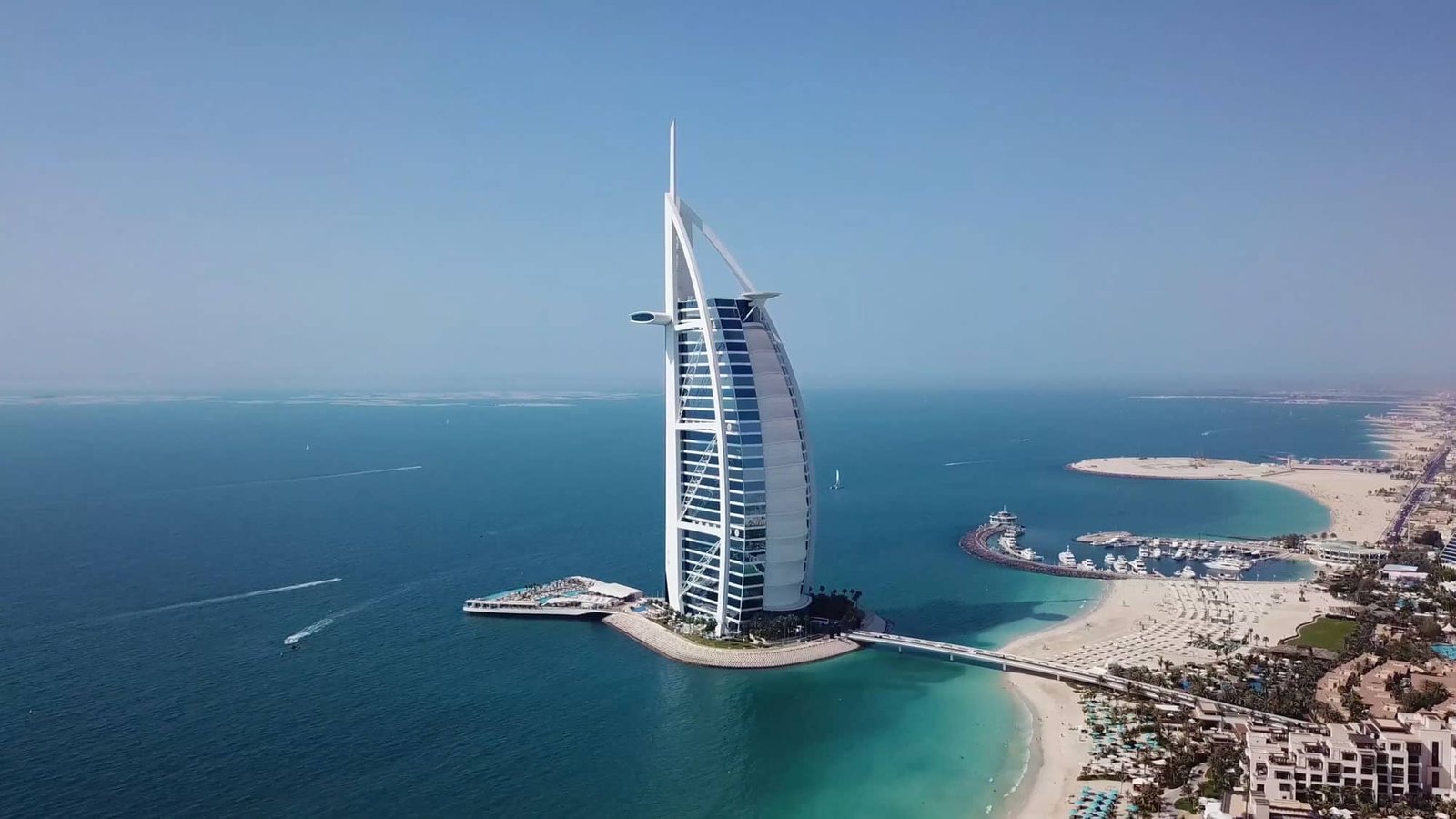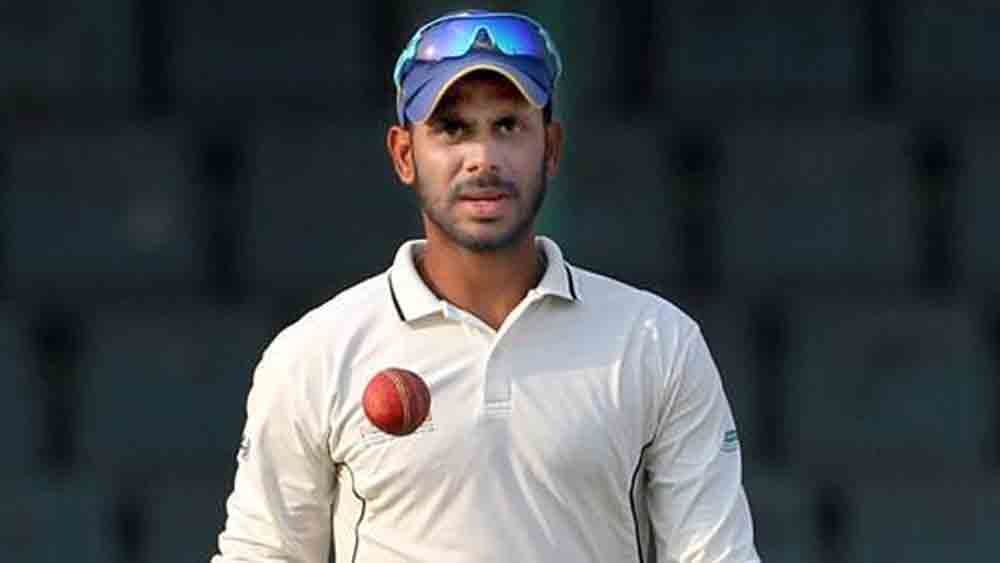NATO negotiations with the Afghan Taliban took place in Doha, Qatar. The whole world was watching. The only rulers of Pakistan at that time were on the side of ‘Taliban’. Now those same Pakistani rulers have been forced to negotiate in Kabul to stop their country’s Taliban. And the Afghan Taliban is mediating. In just over a year, the scene has changed dramatically, which is quite amusing. At the same time, the question has arisen, is Pakistan at all able to pull the reins of the Taliban militancy through the current talks?
Not everything is the same between the Afghan Taliban and the TTP (Tehreek-e-Taliban Pakistan). The TTP’s dominance is not as great as that of the Afghan Taliban. Only in some parts of Pakistan is the militancy of this organization seen.
There is a difference of understanding between the TTP and the political and military camps in Pakistan. Politicians know that the TTP is the side effect of the last two-three decades of political-military scrutiny of various Pakistani agencies on Afghanistan. Now they are willing to get out of this chapter. But it is already too late.
Both the TTP and the Pakistan Army are convinced that no one has been able to eradicate them so far. But the loss of each other in the continuous conflict is huge. “Pakistan’s enemies are benefiting from that.” With this in mind, the two sides are looking for a way forward so that guns do not have to be aimed at each other. The recent ‘temporary ceasefire’ is the result.
But Pakistan needs more than a fragile ceasefire. The TTP is uncomfortable for Beijing to become a major economic corridor between China, Afghanistan and Pakistan. The solution to that discomfort may be to give some concessions to the TTP, on which there is again a lack of consensus in Pakistan. But Pakistan’s destiny on this question may have been decided long ago.
Pakistan’s ruling coalition disagrees with the TTP
In May-June, TTP leaders held several meetings in Kabul with a large Pakistani ‘delegation’. TTP is banned in Pakistan. Even then such meetings are taking place. The Afghan Taliban is mediating the meeting. The big guardian of the arbitrator in the ‘Haqqani Network’ there. On the Pakistani side, the architect of such a dialogue is General Fayez Hamid, the former head of the country’s military intelligence agency, the ISI. He was removed from the ISI and taken to the active command in the Khyber Pakhtunkhwa area, where the TTP has a strong presence. As a result, it is natural for him to have a special interest in solving this problem.
There are rumors among Pakistani geopolitical scholars of the cordial relationship between the Haqqanis and various Pakistani organizations. The current head of the Mujahideen, Sirajuddin Haqqani, is currently the second-largest leader in Afghanistan.
The Afghan Taliban and Haqqanis want to see the TTP succeed on the other side of their border, but only to the satisfaction of Pakistan. Whose position in the tripartite meeting in Kabul is hardly known publicly. The people of Pakistan have objected to this. Some want talks with the TTP to be through the people’s representatives in parliament. At the root of such a mild protest may be a previous role played by General Fayez Hamid while he was in the ISI.
However, it is already clear that the political alliance that is now in power in Pakistan, ousting Imran Khan, is divided on the TTP issue. The TTP-policy of the Sharif family and the Bhutto family is not the same. The Pakistan People’s Party (PPP) has always suspected the local Taliban of being the assassin of Benazir Bhutto. So they are reluctant to compromise with the emerging TTP. But the Sharifs, like the army, are in favor of handling the situation for the time being through a compromise.
As a result, Pakistan does not appear to be able to disarm the TTP any time soon; Not eradicated. Pakistan’s good relations with the Haqqani network have not only determined the political destiny of Afghanistan, but also set a historic precondition for changing Pakistan’s political landscape in the long run.
The government’s Taliban policy is inconsistent
The PPP has set up a three-member committee on the TTP question this week . The committee wants to sit down with other political parties and take a stand on the Taliban.
The Pashtun and Baloch nationalists are a small pro-PPP group in Sindh and other provinces. The solid foundation of the TTP is part of the Pashtuns. There are many differences between these two political currents. The TTP needs to be cornered a bit to increase Bhutto’s influence in Pashtun areas. Pashtun nationalists again dislike the army. The various ‘agencies’ of the state have once encouraged religious nationalism in the region to deter Pashtun and Baloch nationalists. Now they want to stop disobedient children like TTP.
The political reliance of the Sharif family is mainly on Punjab. The TTP is not a big threat there. But as the TTP grows stronger elsewhere in the country, so does the appeal of Taliban ideology in Punjab. Sharifs are in favor of reducing the TTP’s progress in non-violent tactics to deal with the situation. Their demands are similar to those of the army. The latest ceasefire has been a special relief for the army. The TTP’s spring campaign, which began last Ramadan, has come to a halt through a ceasefire. In just two and a half months, the TTP has killed 30 to 40 soldiers. They have already carried out 48 attacks this year. Some of the attacks took place during the so-called ceasefire.
Even during the rule of Imran Khan, there were several ceasefires with the TTP. Again, it is broken. The reason for such an incident is that the policy position of the Pakistani government is at odds with the TTP. The country’s Afghan policy is covered with that gonjamil. In order to monopolize their geopolitical position on Afghan soil, various Pakistani organizations have helped the Taliban members in that country in every possible way. Its final manifestation was seen during the reign of Imran Khan. Now the Afghan Taliban are being told from Islamabad to stop the TTP. The task is not easy at all.
That is why Sirajuddin Haqqani wants to keep his government away from the conflict by putting the TTP and Islamabad together. The Afghan Taliban also said, “TTP is a Pakistani issue, we are not a party to it.” But even then, the Afghan Taliban government will not get rid of this problem easily. However, they want to focus more on their own problems than Pakistan’s internal problems.
The Afghans have got good weapons for bargaining
The number of TTP fighters operating across Afghanistan and Pakistan is now around four thousand. Thousands more are being held in prisons. Pakistan’s ‘security authorities’ want all of them to leave the armed forces and move into mainstream politics. That is why the Afghan government should put pressure on them. But the TTP leadership sees such a call as a trap.
In exchange for so many days of “investment” behind the Afghan Taliban, Pakistan may want to say that it will not be fired upon from that border. But the Taliban in Kabul is now running the government. They also have some state figures of their own. They also need some ‘tools’ in bargaining with Pakistan. Looks like TTP could be that!
For Pakistan, the situation is like a conch shell saw. Their army will quickly become unpopular there if they launch an operation on Afghan soil to suppress the TTP. The Pashtuns are a dissatisfied nation in Pakistan. Any military operation in Afghanistan from the Pakistani side would only increase the dissatisfaction. Many Afghan leaders, including Hamid Karzai, are taking advantage of such discontent. Due to all these irregularities, the generals of the nuclear-armed Pakistan were forced to sit down for talks with a guerrilla group of four to five thousand fighters.
There is also deep ambiguity among Pakistani policymakers about the TTP. They are not in agreement on whether the caravan will be considered as a political or a military issue. But what the TTP itself wants is very clear.
They want to form a government in Pakistan like in Afghanistan. That is their distant goal. For now, they are seeking implementation of Sharia and Islamic law in some areas of Khyber Pakhtunkhwa. The army initially did not object. However, it will create two types of administration in that part of the country. The TTP is also reluctant to look at the barbed wire fence on the Pakistan-Afghanistan border. They are presenting it in the form of artificial division of Pashtun villages. They are actually seeking the right to freedom of movement on the border. The army now has an active presence in these tribal areas of Pakistan. The panchayat of tribal chiefs named ‘Jirga’ is unhappy about this. Because, in the past, the chiefs used to enjoy a kind of local autonomy in these areas. They now want a peace agreement between the TTP and the armed forces and the latter to leave the area. But the reality is, Mujahideen from different parts of the world find refuge here without leaving the army area. The TTP is an umbrella organization with many factions. Some of these subgroups are of intercontinental character. The range of their weapons extends far beyond the borders of Pakistan. As a result, any bargaining with the Pakistan Army is not the last word for them.
The main centers of TTP crisis for Pakistan are North and South Waziristan, Bannu and other areas. However, as it was thought, their power was not limited to the so-called ‘Mesud tribe’. Apart from that, some other organizations outside the TTP have also caused concern in Pakistan. Including TLP (Tehreek-e-Labbayek Pakistan). Although not as armed as the TTP, the TLP is ideologically very close to them. TLP is also very strong in assembly strength. Their strong presence in Punjab is signaling to the country’s aristocracy that an inevitable reshuffle of social power structure is imminent. These organizations are slowly moving beyond the boundaries of religious influence in the social life of Pakistan to the political, administrative and military spheres. Like many national issues, there is no consensus among Pakistan’s mainstream political parties on the impending tsunami. For now, that is not possible. Imran Khan, Mutual mistrust between the Sharif family and the Bhutto family is strong. Again, the military bureaucracy has a distrustful relationship with the political parties. It is not easy to form an alliance in such a tense situation and form a single position on the armed religious parties based on religion. Apart from that, these groups have a clear social popularity.
As a result, Pakistan does not appear to be able to disarm the TTP any time soon; Not eradicated. Pakistan’s good relations with the Haqqani network have not only determined the political destiny of Afghanistan, but also set a historic precondition for changing Pakistan’s political landscape in the long run.
PakistanSpecial newsAfghanistanThe TalibanMilitancyAl Qaeda
Read more about Pakistan
Petrol and diesel prices rose again in Pakistan
Petrol and diesel prices have been hiked for the third time in just 20 days in Pakistan, which is facing an economic crisis.



